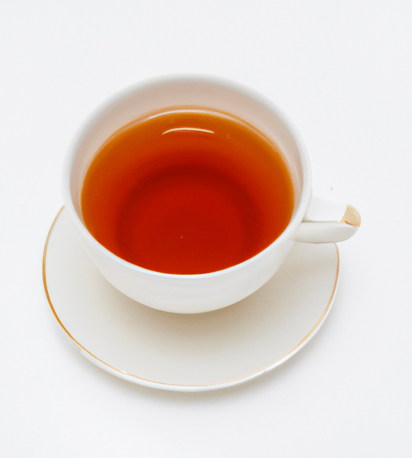Black Tea: Important Facts, Health Benefits, and Recipes
Explore the rich history, health benefits, and varieties of black tea in our ultimate guide, and learn how this popular beverage can enhance your daily life.

Nutritional Facts
1 fl oz
Amount per serving
Calories
0.3
Carbohydrates
0.1 g
Fat
0 g
Protein
0 g
Saturated Fat
0 g
Sodium
0.9 mg
Fiber
0 g
Sugar
0 g
Best Black Tea Recipes
-
:max_bytes(150000):strip_icc()/traditional-british-rich-fruit-cake-recipe-435791-hero-01-5ae2aea3437d468a914eb6a4682f2d7e.jpg)
-
:max_bytes(150000):strip_icc()/black-tea-hot-toddy-recipe-with-rum-764976-hero-02-5c27faed46e0fb0001f9d583.jpg)
-
-
:max_bytes(150000):strip_icc()/__opt__aboutcom__coeus__resources__content_migration__serious_eats__seriouseats.com__recipes__images__2012__12__20121219-charleston-light-dragoons-punch-343aca7ed08b45d28de9040af7bf1e23.jpg)
-
:max_bytes(150000):strip_icc()/__opt__aboutcom__coeus__resources__content_migration__serious_eats__seriouseats.com__recipes__images__2013__01__20130102-persimmon-sorbet-e9ba35624ef647709db9346df61e0f93.jpg)
-
:max_bytes(150000):strip_icc()/__opt__aboutcom__coeus__resources__content_migration__serious_eats__seriouseats.com__recipes__images__2012__07__20120705-southpaw20bbq-8-4a2a97dac09447ff8f3d7a4a35db7b2b.jpg)
-
:max_bytes(150000):strip_icc()/__opt__aboutcom__coeus__resources__content_migration__serious_eats__seriouseats.com__recipes__images__2012__07__20120801-215718-british-bites-sticky-malt-loaf-c5ce143fad3b47c6bc0517e08b49f36e.jpg)
-
/lentilsalad-58a4ba383df78c4758e66f35.jpg)
-
![Traditional Hot and Sour Soup Recipe Image]()
-
![Chai Recipe Image]()
-
![Creamy Persimmon Sorbet Recipe Image]()


:max_bytes(150000):strip_icc()/HotandSourSoup-GettyImages-141478169-5919367f3df78c7a8ca4d8e8-89ed281c1b57452c82ada695e05541d5.jpg)
:max_bytes(150000):strip_icc()/20231025-MasalaChai-AnantaGulati-12-ed342ff0e9924623989c6c359a19ae86.jpg)